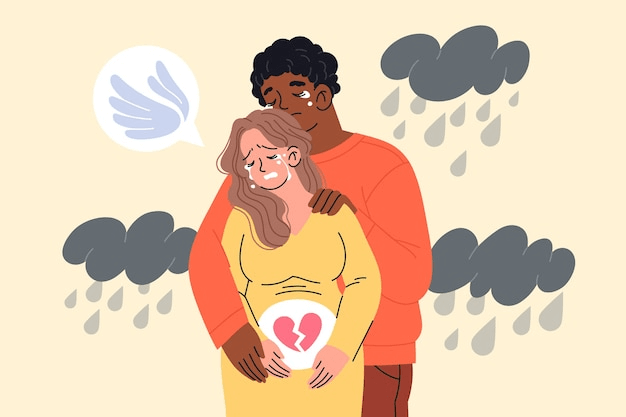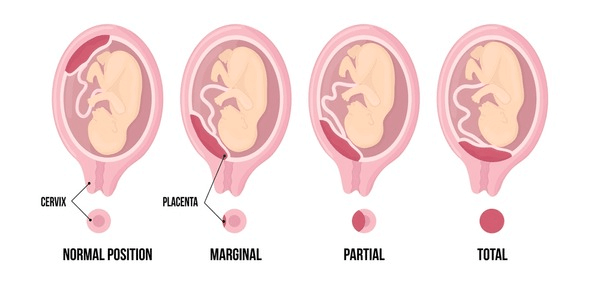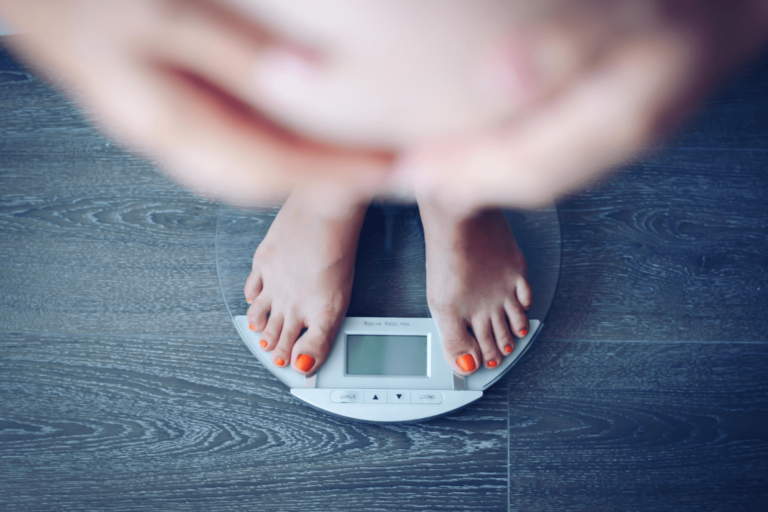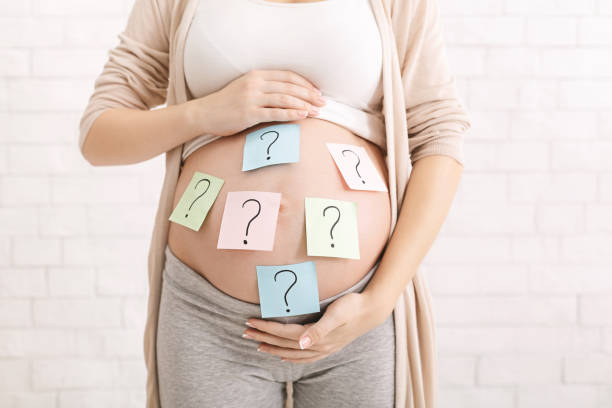Dealing with Guilt After a Miscarriage: A Guide for Parents

Introduction
A miscarriage is not only a physical loss but also an emotional one, often leaving parents grappling with feelings of guilt and self-blame. While these emotions are common, it’s important to recognize that most miscarriages are beyond anyone’s control. This article provides a compassionate guide to understanding, coping with, and overcoming guilt after a miscarriage, helping parents find healing and hope.
Why Guilt Is a Common Reaction to Miscarriage
Emotional Triggers
Parents may feel guilt after a miscarriage because they are searching for answers to an inexplicable loss. Questions like “What went wrong?” and “Could I have done something differently?” can amplify self-blame.
Misconceptions About Loss
Many people incorrectly believe that their actions, lifestyle choices, or stress levels caused the miscarriage. Education and support are key to debunking these myths.
Common Thoughts That Lead to Guilt
1. “What Did I Do Wrong?”
- Guilt often arises from self-blame, such as overthinking dietary choices, exercise routines, or work stress.
2. “Was It My Fault?”
- Parents may irrationally believe they caused the miscarriage, even though most losses are due to natural, uncontrollable factors.
3. “Could I Have Prevented It?”
- Feelings of regret about not seeing a doctor sooner or not recognizing early symptoms are common but misplaced.
The Role of Biology in Miscarriage
Genetic Factors
- Chromosomal abnormalities account for nearly 50-60% of first-trimester miscarriages.
Hormonal Issues
- Conditions like low progesterone levels or thyroid imbalances can lead to miscarriage, often undetectable beforehand.
Uterine Conditions
- Structural issues, such as fibroids or a septate uterus, can sometimes cause pregnancy loss.
Debunking Miscarriage Myths
- Exercise Causes Miscarriage:
- Normal physical activity does not lead to miscarriage.
- Stress Is the Cause:
- While chronic stress affects overall health, it’s rarely the sole cause of miscarriage.
- Eating the “Wrong” Foods:
- A balanced diet supports a healthy pregnancy, but a single food choice is unlikely to cause a loss.
- For more on managing appetite changes during pregnancy, read this guide on food aversions.
How to Cope With Guilt
1. Acknowledge Your Emotions
- Allow yourself to grieve and process your feelings without judgment.
2. Seek Support
- Lean on your partner, family, or close friends for emotional comfort.
3. Practice Forgiveness
- Remind yourself that miscarriage is rarely caused by anything within your control.
The Importance of Partner and Family Support
Open Communication
- Share your feelings openly with your partner to avoid misunderstandings and build mutual resilience.
Sharing Grief
- Mourning together as a family can help strengthen emotional bonds.
Seeking Professional Help When Needed
If feelings of guilt and sadness persist, consider:
- Therapy or Counseling: Professional support can help process complex emotions.
- Support Groups: Connecting with others who’ve experienced similar losses can reduce isolation.
- Online Resources: Explore helpful articles like this First-Trimester Survival Guide.
Creating Healing Rituals After a Loss
Ideas for Honoring Your Baby
- Memory Boxes: Save keepsakes like ultrasound images or letters.
- Symbolic Gestures: Plant a tree or release balloons.
- Family Ceremonies: Hold a small gathering to honor the baby.
Navigating Pregnancy After a Miscarriage
Overcoming Fear
- Fear of another loss is natural, but focusing on present health and medical care can help.
Emotional Preparation
- Work on emotional readiness before trying again.
Trusting Your Body
- With proper medical support, many parents go on to have healthy pregnancies.
Helping Partners and Siblings Deal With Guilt
- Address Family Dynamics: Encourage open conversations to validate everyone’s feelings.
- Provide Reassurance: Remind family members that the miscarriage was not their fault.
FAQs About Miscarriage-Related Guilt
1. Is it normal to feel guilty after a miscarriage?
Yes, guilt is a common reaction, but it’s important to remind yourself that most miscarriages are out of your control.
2. Can stress cause a miscarriage?
While chronic stress isn’t healthy, it’s rarely the sole cause of pregnancy loss.
3. How can I let go of guilt after a miscarriage?
Seek support, practice self-compassion, and focus on the fact that most miscarriages occur for medical reasons beyond your control.
4. Should I see a therapist after a miscarriage?
If feelings of guilt or sadness persist, therapy can help you process your emotions and find healing.
5. Can I try for another pregnancy after a miscarriage?
Yes, but consult with your doctor to determine the right timing and address any medical concerns.
Conclusion
Feelings of guilt after a miscarriage are common but often misplaced. By understanding the biological causes of pregnancy loss, debunking myths, and seeking support, parents can work through these emotions and find a path toward healing. Remember, miscarriage is rarely anyone’s fault, and with time, many parents go on to experience joy and hope again.






